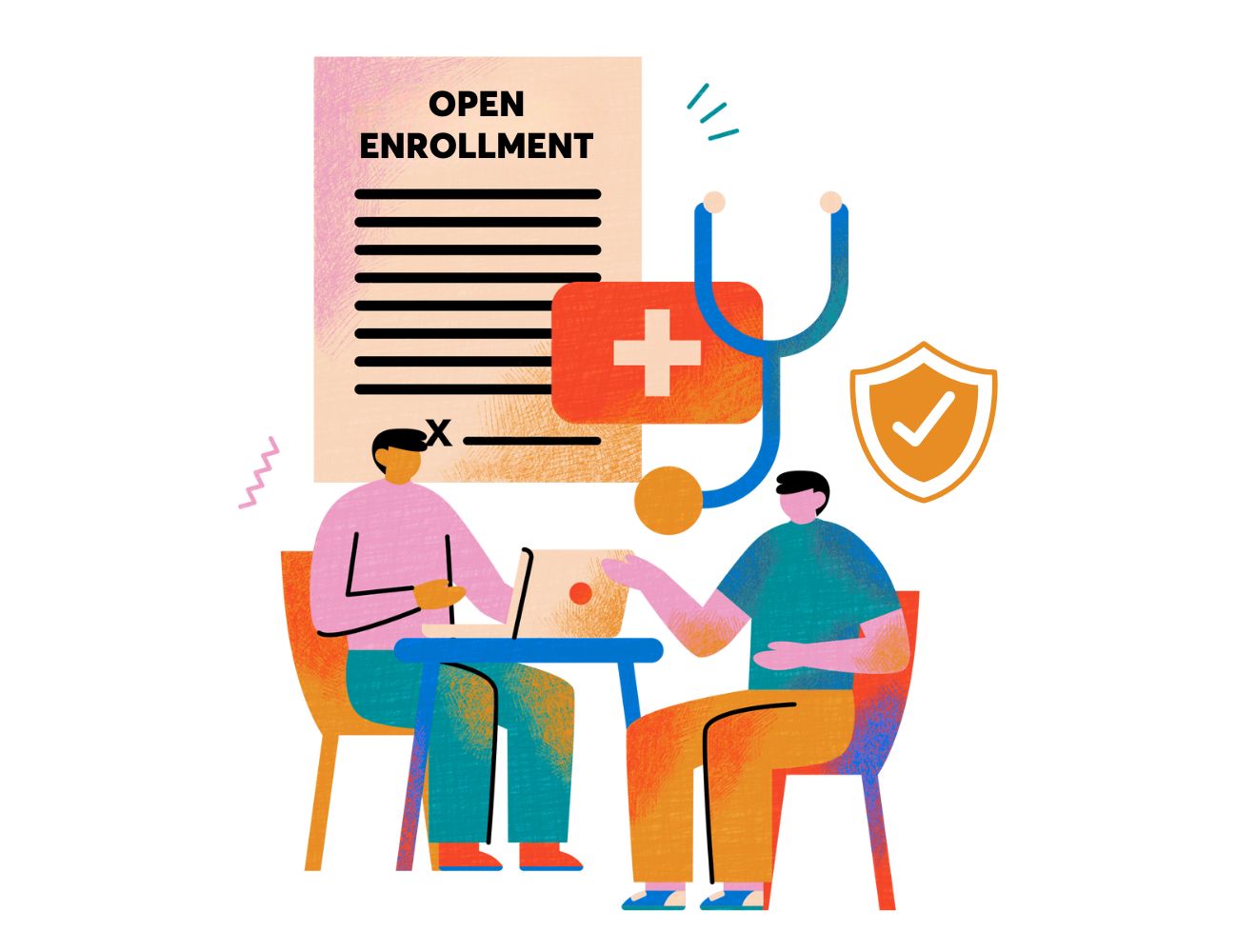Guardian Life Insurance Company of America’s 4th Annual Workplace Benefits Study revealed that a majority of working Americans are overestimating the knowledge needed to make informed decisions about their benefits to set them on a path toward employee well-being. Through a 10-question, true-false quiz given to 1,439 employees age 22 or older, the report showed that while 80% of employees believe they understand their benefits very well, only 49% demonstrated they actually do (as defined by scoring an A or B). The quiz also revealed that millennials received the lowest scores, with one in four receiving a failing grade.
There seems to be a communication breakdown as the survey shows that working Americans are less positive about their company’s benefits education efforts, including the effectiveness of benefits meetings and health fairs. This is an important opportunity for human resources, which 46% of Americans rely upon as their source of benefits information, to make a difference in helping their employees become educated and feel confident in their benefits choices.

Results of the quiz indicate workers are most interested in the following employee benefits topics, which clearly indicate a desire for financial benefits and wellness.
- 38% savings for retirement
- 19% protecting income
- 17% reducing debt
- 16% how benefits work
As employee wellness programs fall under benefits, the workplace remains an integral part of working employees’ financial security. With approximately 50% of employees having a good understanding of their workplace benefits, more can be done to help them make benefits decisions. The good news is that most employers want to facilitate these decisions as well. The report showed that “helping employees make better benefits decisions” is the second most important benefits strategy behind “making plan design changes to reduce costs”. If employers want to react to the suggestions of employees, below is the list of top recommendations.
- Simple, clear explanation of benefits
- Personalized information tailored to employees
- Access to expert guidance to answer questions
- Online support including interactive tools
In the end, research findings show that more effective communications can lead to employees valuing their workplace benefits and having increased loyalty to the companies they work for.












